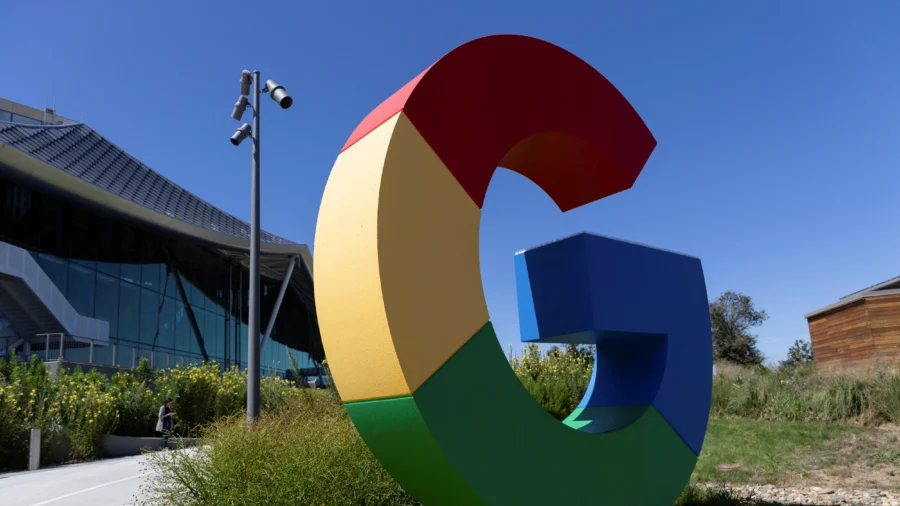A U.S. judge on Aug. 14 said he will issue an order forcing Alphabet’s Google to give Android users more ways to download apps, but would not micromanage the tech giant’s business, following a jury verdict last year against the company in a case brought by Fortnite maker Epic Games.
District Judge James Donato in San Francisco heard from technology experts and lawyers for Epic and Google about proposed reforms in the antitrust case and signaled he would issue a ruling that would maximize users’ and developers’ flexibility to download and distribute apps outside Google’s Play store.
“You’re going to end up paying something to make the world right after having been found to be a monopolist,” Donato said.
He said his injunction will be about three pages long and will ensure Google knows what the “rules of the road are.” Donato said he will rule in the coming weeks and set up a three-person compliance and technical committee to implement and monitor the injunction.
“Google foreclosed competition for years and years and years. We’re opening the gate now and letting competitors come in,” the judge said.
Google declined to comment, and Epic did not immediately respond to a request for comment.
Google lawyer Glenn Pomerantz told Donato on Wednesday that Google should not be forced to distribute its rivals’ app stores. “Competition will be worse if you impose a duty that you have to deal with your competitor,” Pomerantz said.
Epic’s lawyer Gary Bornstein urged the court to direct Google to act quickly to implement his injunction.
Epic Games, which is based in North Carolina, sued Google in 2020. Epic Games said Google illegally has a monopoly over apps on Android phones.
Alphabet acquired Android in 2005 and has largely limited Android users and developers to its Play Store.
“Google uses this monopoly power to impose a tax that siphons monopoly profits for itself every time an app developer transacts with a consumer for the sale of an app or in-app digital content. And Google further siphons off all user data exchanged in such transactions, to benefit its own app designs and advertising business,” the suit stated. “If not for Google’s anti-competitive behavior, the Android ecosystem could live up to Google’s promise of open competition, providing Android users and developers with competing app stores that offer more innovation, significantly lower prices and a choice of payment processors.”
Google argued that consumers can download apps from the internet and that the Play Store is merely popular, not monopolistic.
But a jury in 2023 decided in favor for Epic Games, finding that Google does have a monopoly over Android apps worldwide, excluding China.
Donato then directed the parties to detail proposals on fixing the monopoly, leading to Wednesday’s hearing.
Before the hearing, Epic Games said in filings that Google should be forced to let people download apps from various sources, including third party app stores and the internet without using “prompts, warnings, reminders, settings screens or other ‘friction’ steps” that would deter people from downloading apps from non-Play Store sources.
Google has said the proposed remedies would require dramatic changes that would harm Android users and developers, costing millions of dollars and more than one year to implement. It offered to export metadata such as app names from the Play Store to third party app stores, but only for developers who opt-in. Epic said Google proposal was insufficient and would result in an uneven system.
In a more recent ruling in a separate case, U.S. District Judge Amit Mehta said that Google violated antitrust laws by holding monopoly power in search markets. The next hearing in that case, set to go over remedies, is scheduled for Sept. 6.
Reuters contributed to this report.
From The Epoch Times

